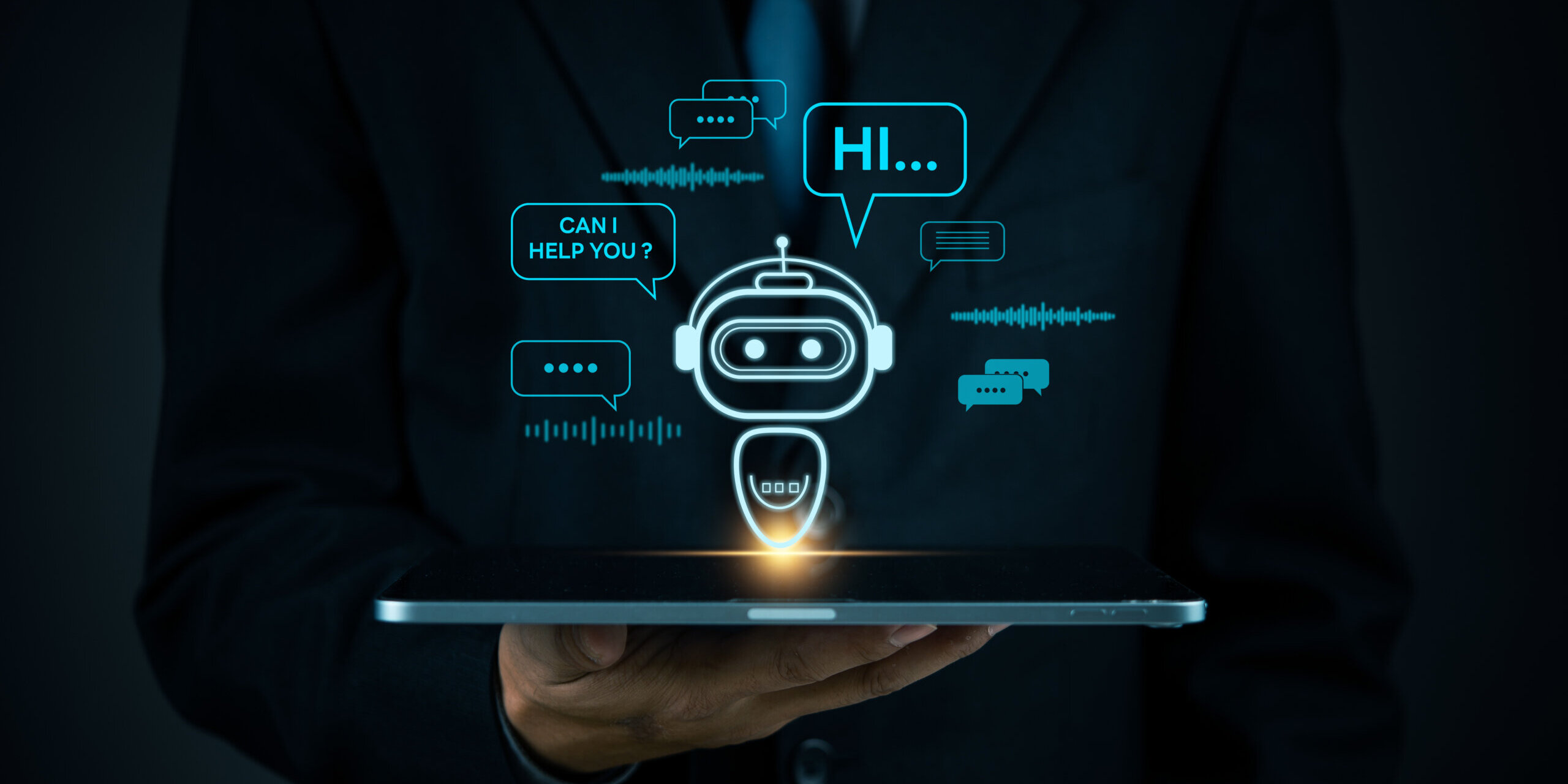©Adobe Stock
AI agents: Autonomous supporters for the digital future
In an increasingly digitalised world, AI agents can play an important role. These systems act independently, take autonomous decisions and adapt dynamically to new situations. AI agents revolutionise work processes and open up new opportunities for the world of work.
What are AI agents?
AI agents are software programs that can act autonomously and take decisions through Artificial Intelligence (AI) and Machine Learning (ML). They collect and analyse data from their surroundings and, on that basis, carry out actions to achieve specific objectives. Unlike traditional programmes, they are not only reactive but proactive and adaptive.
For any other AI agent
There are different forms and types of AI agents that differ in their complexity and functionality:
- Simple reflectors: React to certain inputs with predefined actions.
- Model-based reflectors: These agents use an internal model of the world to make their decisions.
- Target-based agents: Pursue specific objectives and plan actions to achieve them.
- Utility-based agents: Pursue defined objectives, but at the same time seek to maximise the overall benefits.
- Learner agents: Improve their behaviour through experience and adapt to unknown environments and situations.
Multiplicity of applications
Due to the flexibility of AI agents, the areas of use are large. Among these are the following examples.
- Customer service: AI agents respond to requests 24/7 and find solutions without human help. You can ask questions and use internal documents to search for answers.
- Onboarding: They can help companies to train new employees. AI agents automatically create individual staff profiles and propose coordinated e-learning modules. They also accompany new team members through the on-boarding process.
- Finance Unit: AI agents process incoming invoices. In doing so, they collect, compare and find relevant information. They then automatically make bookings.
- General office processes: Tasks such as writing logs, sending emails to the right people and setting appointments on the basis of emails or messages can also be taken over by AI agents.
Challenges and ethical considerations
Despite the many benefits, there are also challenges that need to be addressed. These include important issues such as data protection concerns, ethical and legal issues, or the risk of incorrect or non-transparent decisions by the AI agent.
- Data protection issues: For AI systems to work effectively, they need a large amount of data. As these data may contain sensitive and personal information, users need to be vigilant to protect the data against disclosure. In addition, GDPR compliant AI systems should be used.
- Ethical issues: AI systems can be discriminatory through their algorithms. Users need to be vigilant and question whether the outcomes of AI agents are influenced by possible biases.
- Legal problems: If AI systems make errors, who is responsible for them? This needs to be thoroughly assessed before AI agents are used.
Conclusion
AI agents are smart systems that can perform tasks and take decisions autonomously. They will revolutionise the way we work in the future by also automating and optimising more complex processes. At the same time, their use and implementation must be evaluated responsibly in order to take into account all possible risks.

Author
Sören Schäfer
AWSi

